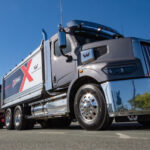IFOY finalists announced
IFOY finalists announced
A total of 17 products from 15 companies are in the International Intralogistics and Forklift Truck of the Year (IFOY) final this year. All finalists will undergo the IFOY Audit during the Test Camp Intralogistics at Messe Dortmund, Germany, from 8 to 11 April.
The finalists for the IFOY Award 2024 have been announced – after much head scratching! A total of 35 companies put forward their products, but only 15 intralogistics providers from six countries qualified for the final with a total of 17 devices and solutions, including four start-ups.
The intralogistics specialists AGILOX, Crown, GLOBE Fuel Cell Systems, HWArobotics, Innok Robotics, Jungheinrich, MEYSENS, RAVAS, SAFELOG, SSI SCHÄFER, and STILL are in line to win one of the internationally coveted trophies.
BOX ID Systems, Brightpick, CIP Mobility, and CYBRID are the contenders for the IFOY Start-up of the Year award.
“The nomination round was exceptionally tough. More than half of the applicants did not make it to the final round,” says Anita Würmser, chairperson of the IFOY jury. “The finalists reflect the megatrends of our time. This starts with increasingly sophisticated warehouse technology and extends to the impressive range of applications of mobile robotics and AI, through to highly innovative components and increasingly complex customer projects. Efficiency, scalability, and future readiness are in demand and the IFOY Audit will show who has the edge.”
Würmser expects a tough debate in the jury sessions to decide on the winners of the six trophies, which will be awarded in June in Baden, near the Austrian capital Vienna.
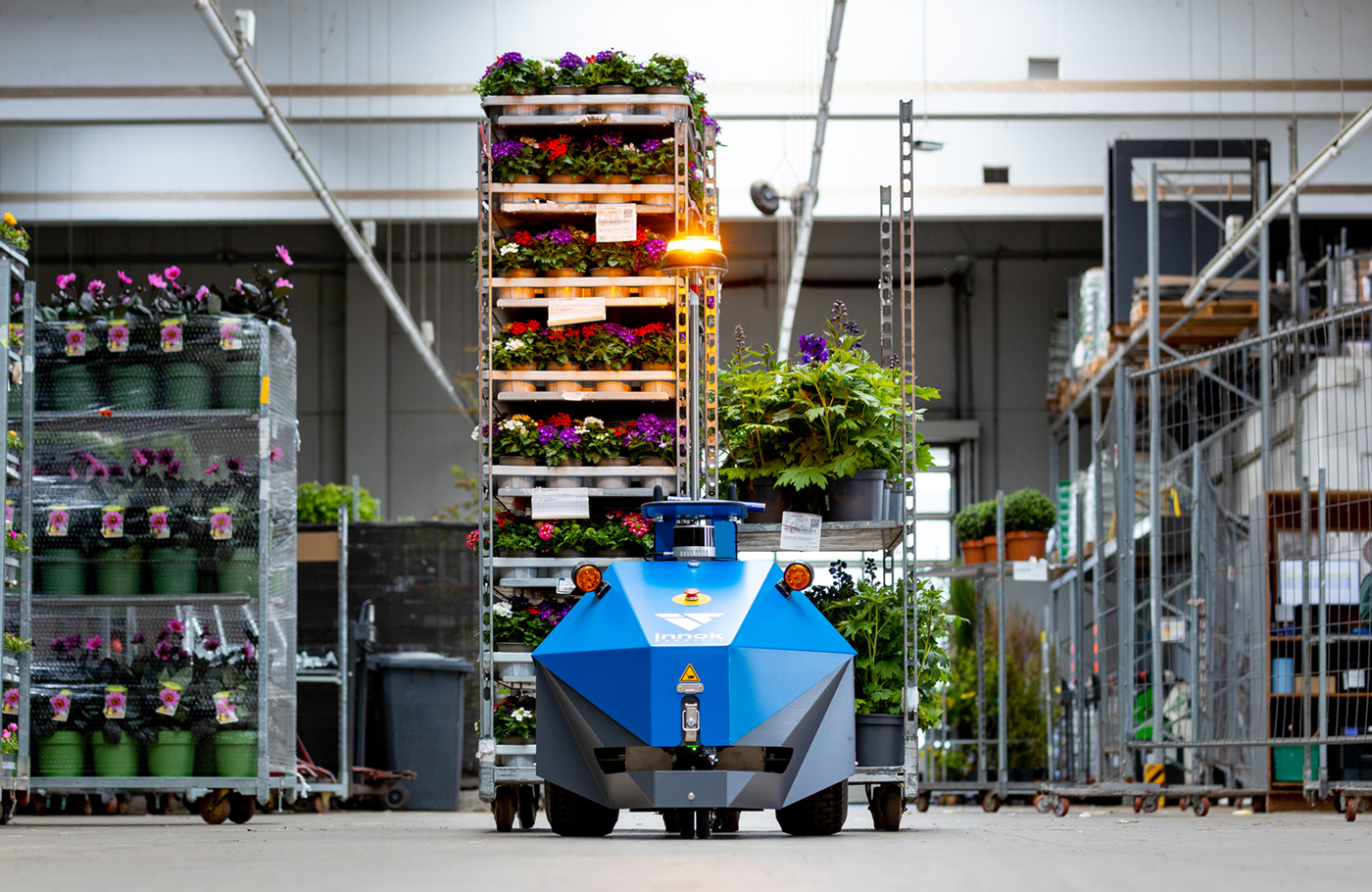
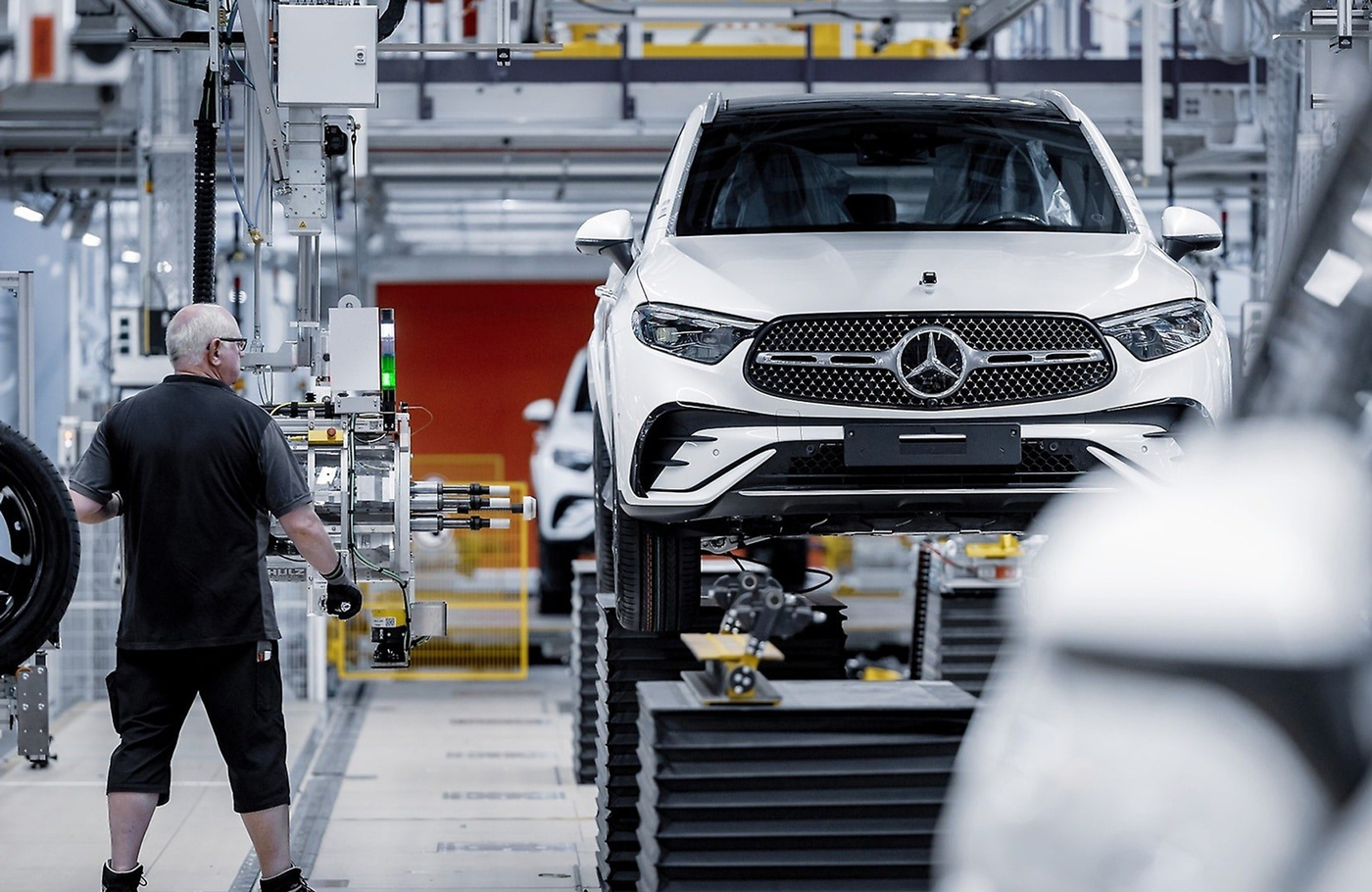
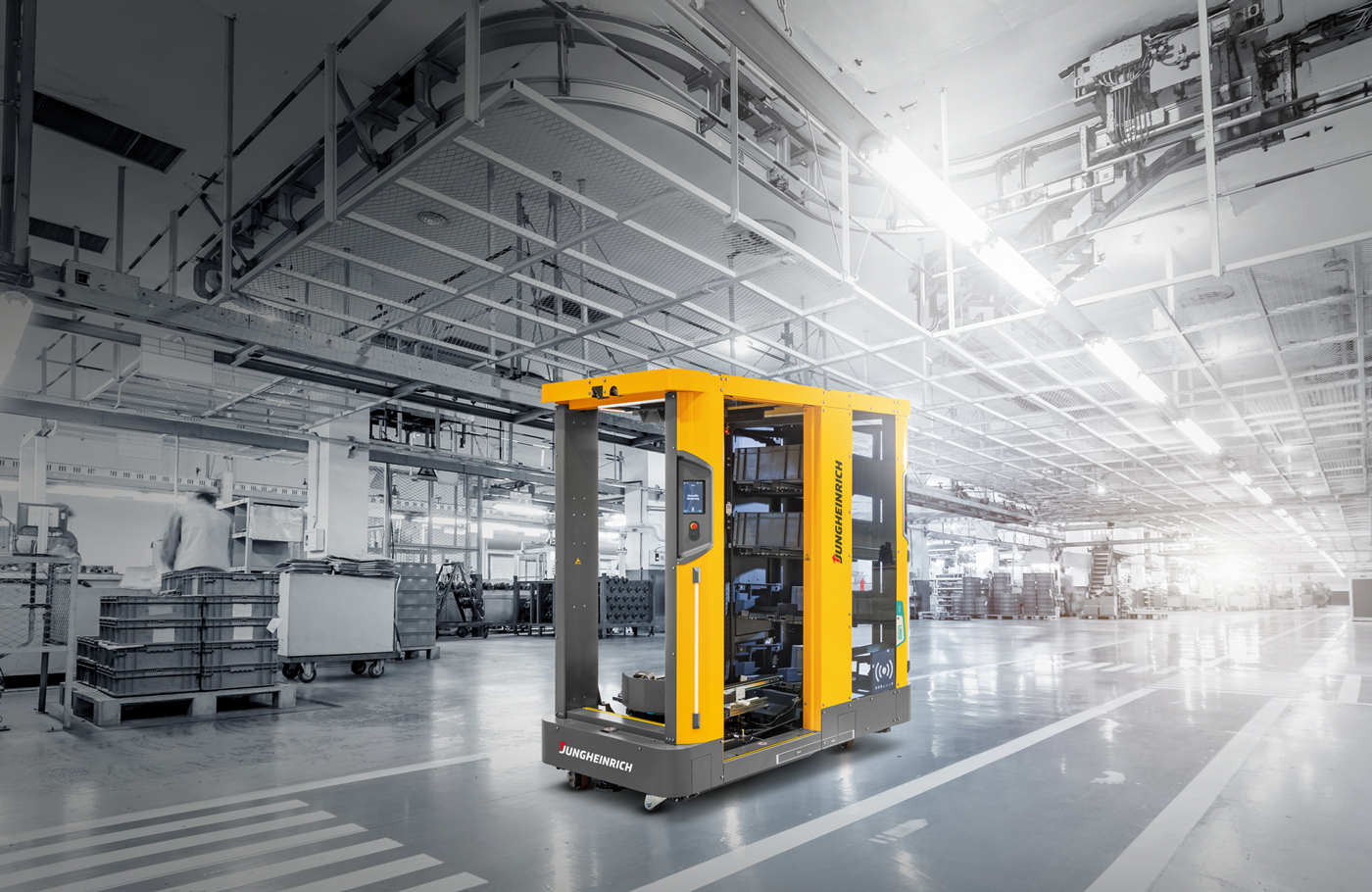
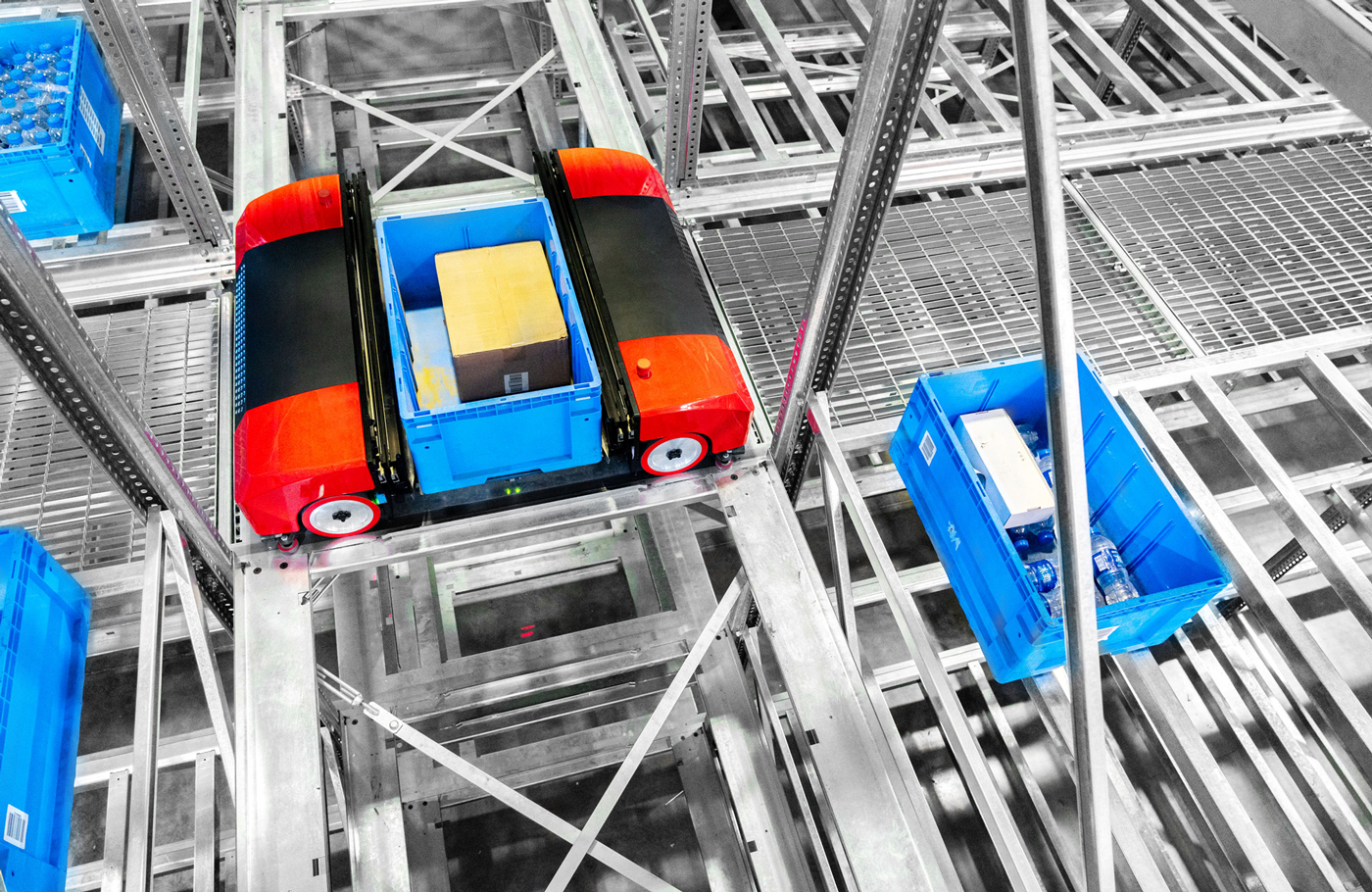
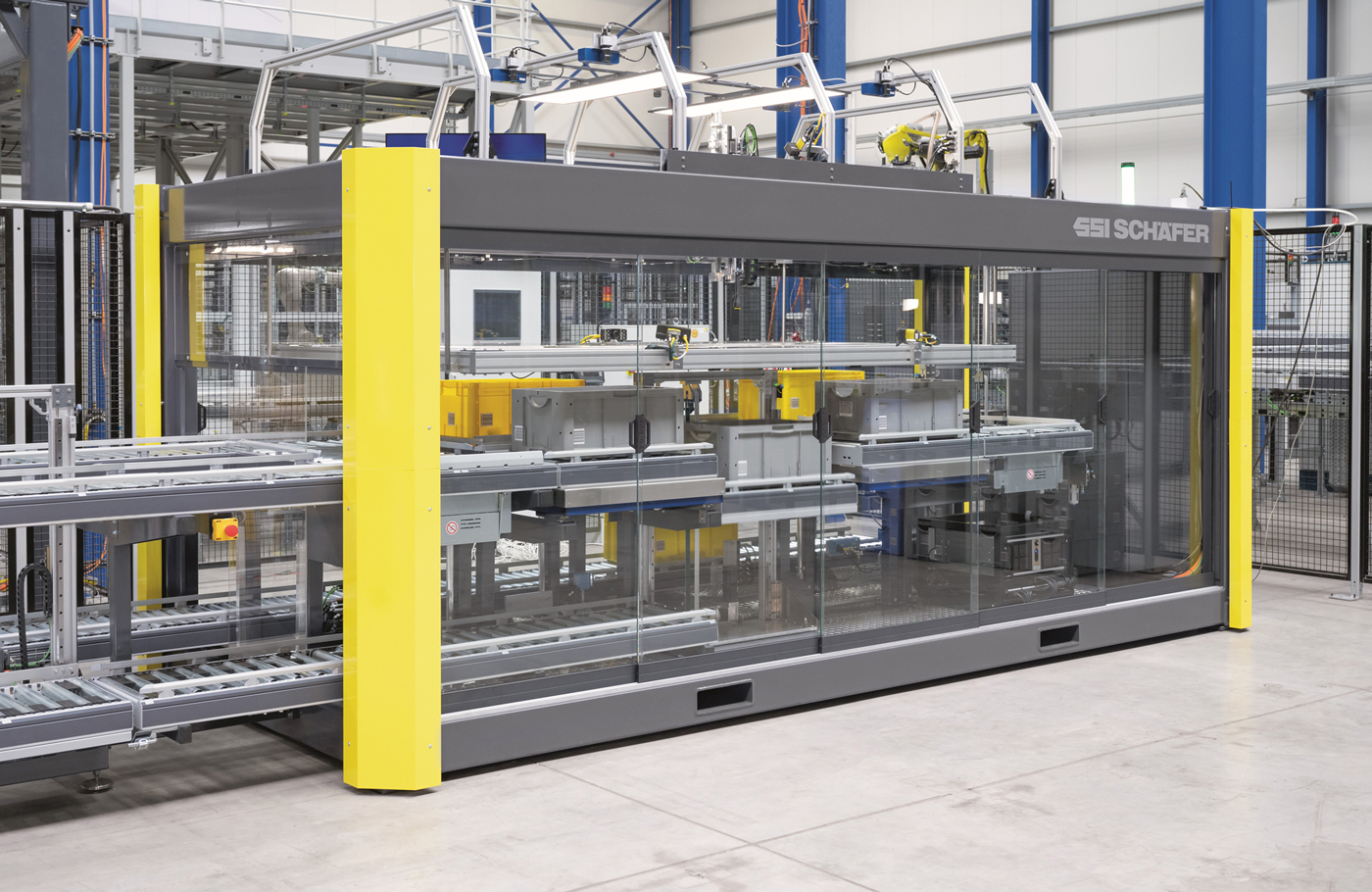
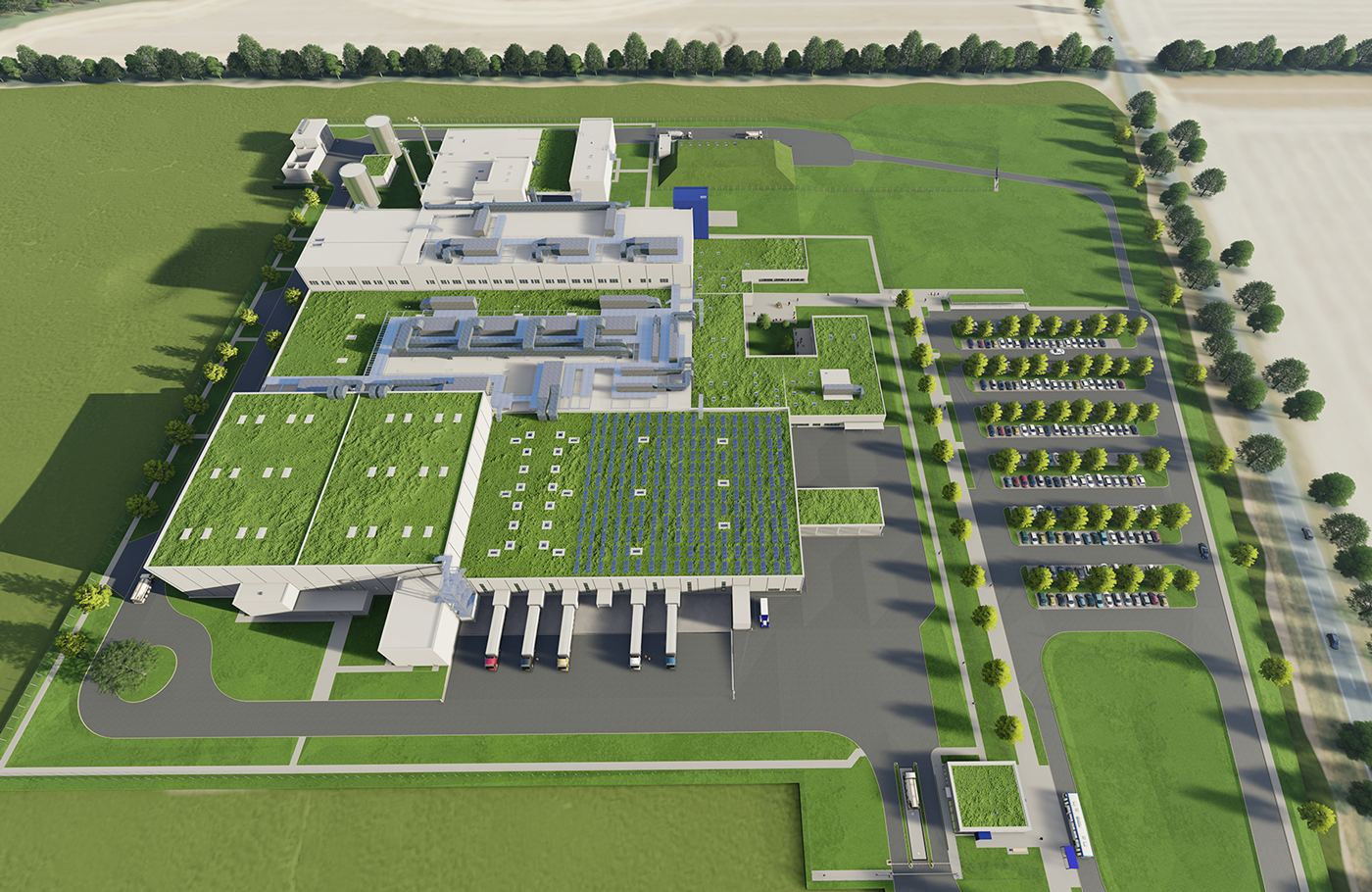
THREE INTEGRATED CUSTOMER SOLUTIONS NOMINATED
The premier class of integrated customer solutions, which is being staged again for the first time in two years, promises to be particularly exciting. Major names and pioneering automation projects are in the final.
With the AGILOX swarm at BMW, the jury has picked a finalist in the form of a flagship project on replenishment using mobile robots for the automotive sector. Since the end of 2023, at BMW’s Regensburg plant in Bavaria, a total of 27 AGILOX ONEs have been supplying the workstations with car body components, replacing tugger trains and manual loading of the buffer storage areas. In an average week, the swarm handles around 2,624 tonnes of full and empty containers – in mixed traffic with pedestrians, forklifts, and tugger trains – covering around 3,294km.
Also competing for the IFOY trophies is Beiersdorf AG’s ultra-modern production centre for cosmetic products, which was developed by intralogistics specialist STILL as part of an integrated production and warehouse supply system. The greenfield project near Leipzig is being realised as a leasing model. It is considered a milestone in innovative intralogistics in the pharmaceutical industry. Fully automated and manual equipment as well as mobile and stationary components are used, while a total of 25 vehicles are in operation alongside a racking system with more than 9,700 storage locations and a height of 12.7m. In addition, more than 180m of conveyor technology were installed. One of the special features is a sophisticated energy system for 24/7 operation.
The mobile transport robots from SAFELOG in the Mercedes Factory 46 are the third finalist in this category. When converting the Sindelfingen assembly hall, the focus was on networking and transparency of intralogistics supply processes along the supply chain. Pick-by-light systems and a fleet of 350 automated guided vehicles (AGVs) from the Bavarian robotics specialists are used to pick and transport components to the production lines, controlled by a jointly developed real-time monitoring system. Equipped with their own artificial intelligence (AI), the AGVs can make decisions independently, while the master control system of Mercedes takes over at critical points.
TWO WAREHOUSE TRUCKS IN THE RUNNING
The workhorses of many high-performance warehouses and distribution centres are still among the best-selling products under review. This year, the jury has selected two brand new highlifters from a traditionally wide range for the final.
The newly developed ESR 1200 from Crown – with a load capacity of two tonnes and a lifting height of 14.2m – impresses with its holistic approach to sustainability and productivity. The reach truck offers product improvements, such as the new mast design for greater stability and visibility, as well as the contemporary reduction of the ecological footprint during the redesigned production process.
With the EJC 112i from Jungheinrich, the jury has picked a universally applicable lithium-ion electric pallet truck with a load capacity of up to 1.2 tonnes and a lifting height of 4.7m. In the traditionally highly competitive entry-level segment, this compact all-rounder is promising to set new standards in terms of compactness, performance, and hydraulic power. Its hallmarks include reduced front dimensions, high energy density, and high residual capacity.
THREE MOBILE ROBOTS MAKE IT TO THE FINALS
AGVs and autonomous mobile robots (AMRs) are all the rage in intralogistics. Due to the shortage of skilled workers and the need to contain costs, many logistics service providers are increasingly relying on these mobile helpers, which are available 24/7. For this reason, the jury studied nominees’ practical suitability and range of possible applications, with three suppliers reaching the final.
The INDUROS autonomous transport robot from Innok Robotics for loads of up to 700kg can be used outdoors, indoors, or in combination – regardless of the weather, poor ground conditions, and other obstacles. It couples and uncouples trailers autonomously; all it takes to operate it is a modern web browser. Hybrid navigation using lidar or GPS automatically selects the best form of navigation and sensor technology without any interruptions; markings in the terrain, fixed points, or induction loops in the floor are not necessary.
The jury also gave the thumbs-up to the SOTO from Jungheinrich – with its new gripper concept and the industrial communication standard VDA 5050 for use in mixed fleets. The fully autonomous mobile robot picks up small load carriers (SLCs) and places them in flow racks on production and assembly lines. It can transport up to 24 small load carriers of different sizes simultaneously, enabling a tenfold increase in capacity and a 60% higher production speed. Target groups are the automotive, electronics, and white goods industries, as well as injection moulding production.
Also in the final is the first automated STILL EXV iGo series truck. Its origin as an industrial warehouse truck promises sophisticated technology, simple commissioning, and fast service for scalable automation solutions. The flexibility of using the truck either as a stand-alone or in mixed operation in parallel with manually operating trucks – or switching to manual operation if necessary – makes this robust warehouse helper a smart door opener to the world of automated warehouse processes, particularly for companies with smaller fleets and little to no automation experience.
TWO NOMINATIONS AMONG STATIONARY ROBOTS
The potential of stationary robotics is enormous, especially when it comes to retrofitting existing warehouses or order picking. This time, two manufacturers make it to the final.
HWArobotics, a manufacturer of high-quality warehouse and logistics robots based in Singapore, has reached the final with its SLS600 3D shuttle robot system for loads of up to 50kg. Whether shuttles with variable or fixed sizes, bidirectional or 3D shuttle robots, all share the same rail and can change aisles or move to different levels using a lift. The SLS600 is ideal for e-commerce, media and electronics, and other low-throughput, high-density scenarios. The system promises up to 50% lower costs, especially when retrofitting existing warehouses.
SSI Piece Picking from SSI SCHAEFER is a robotic cell for the previously costly and labour-intensive picking of single items. The versatile system solution, including software, is designed for maximum precision and offers advanced functions such as pick-and-place, object recognition using AI, patented gripping point determination, and gentle product handling. The application, which achieves up to 1,200 picks per hour, is particularly suitable for slow and medium movers and can be intelligently combined with conveyor and shuttle systems. Target groups include industry; the healthcare, pharmaceutical, and cosmetics sectors; e-commerce; and contract logistics companies.
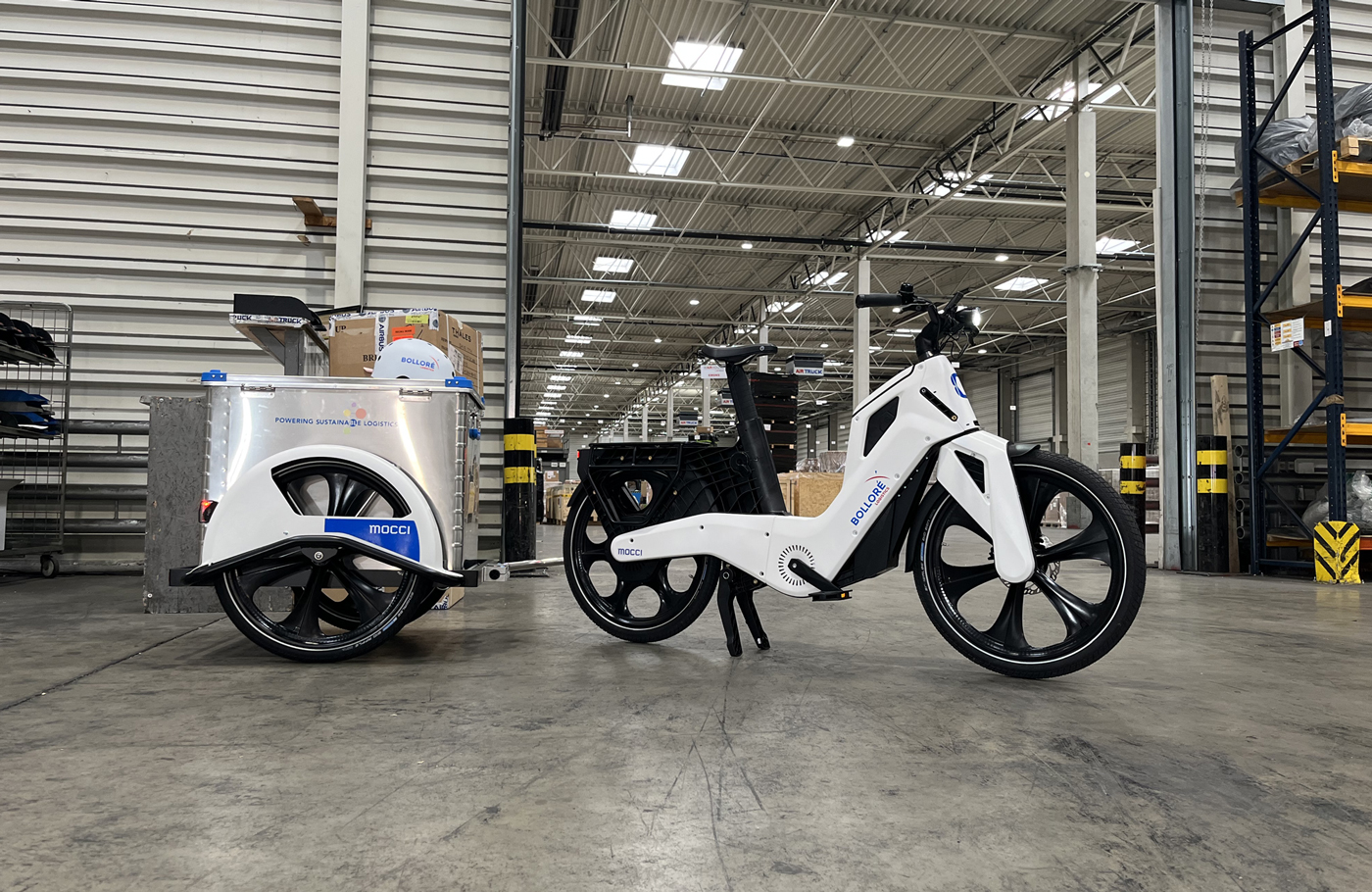
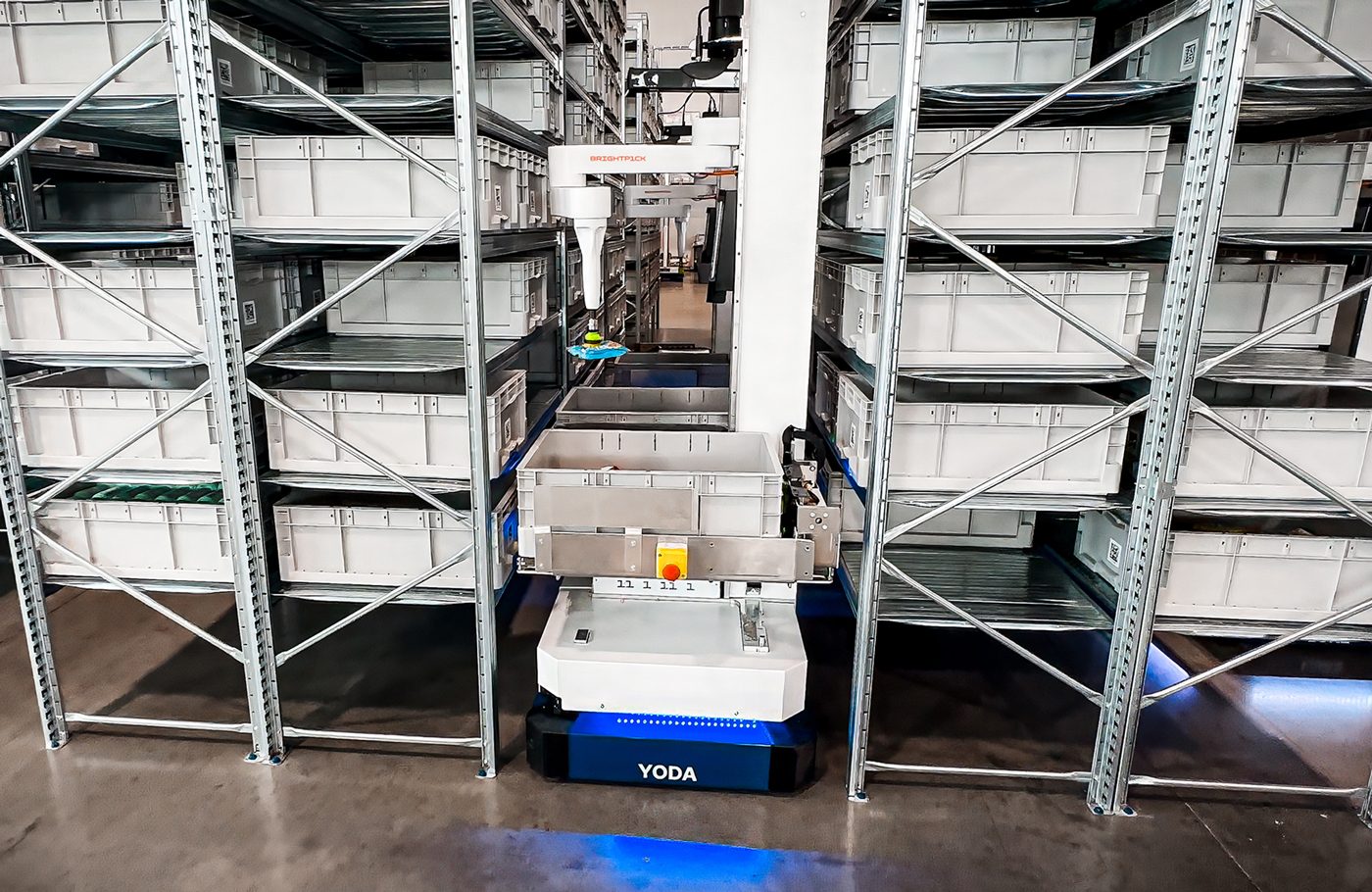
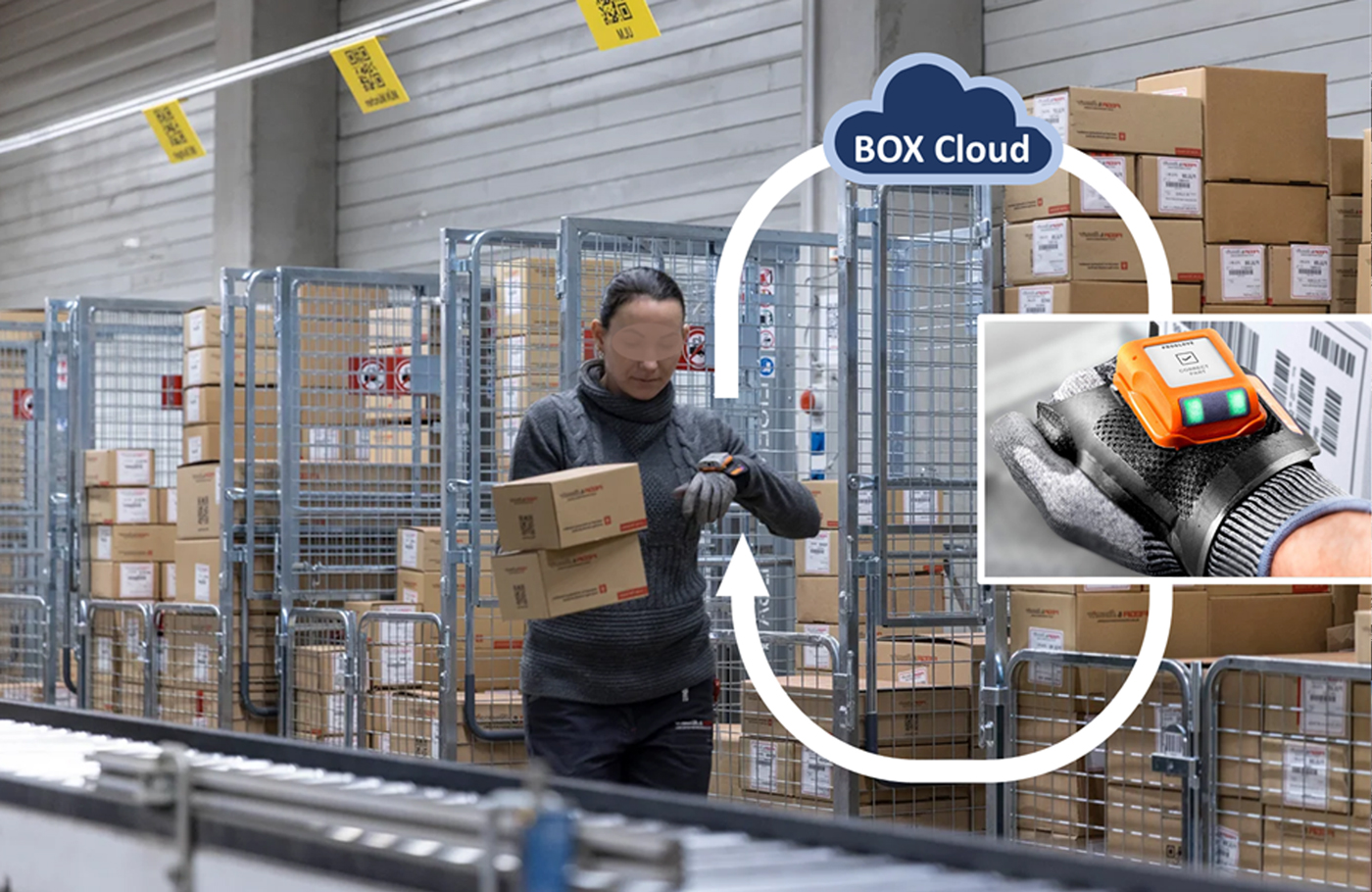
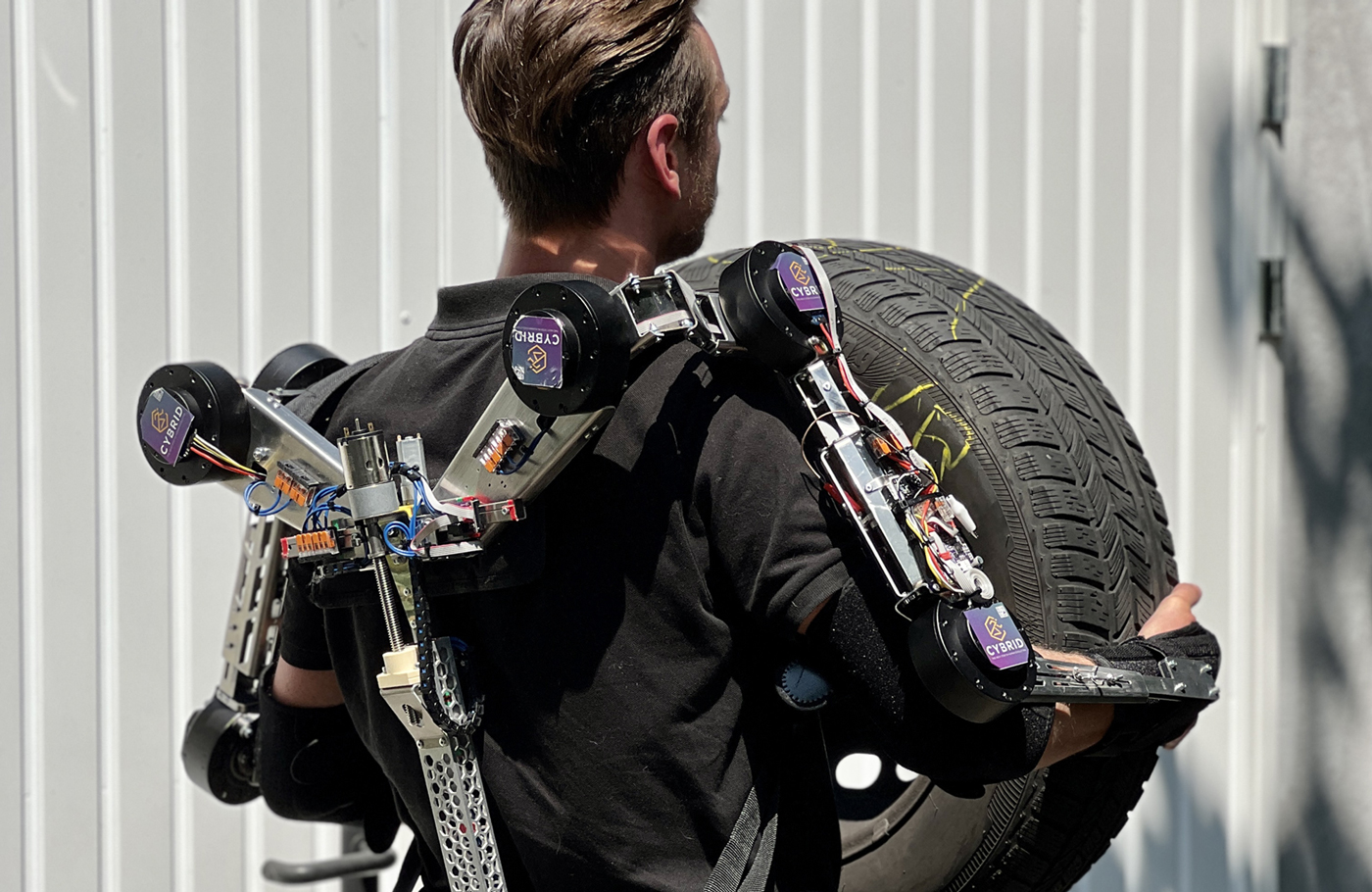
THREE SPECIALS OF THE YEAR IN THE FINAL
Small cause, big effect: quite often it’s the clever details that make the difference between the success and failure of a product. Three of these game changers are competing in the Special of the Year category.
The advanced iCP Carriage Plate Scale with weighing in motion technology from Dutch manufacturer RAVAS marks the end of weighing stops and interruptions while driving. When the driver picks up the pallet, the measuring process starts automatically. During the ride, the weight of the pallet is determined and, if necessary, the data can be sent to the system for tracking and recording. The weight data can be transferred to any enterprise resource planning (ERP) software or warehouse management system (WMS) and used for weight-based invoicing.
GLOBE Fuel Cell Systems is also in the finals with its hydrogen-powered GLOBE XLP80 fuel cell power pack for use in counterbalance trucks from 2.5 to five tonnes. The power pack is particularly suitable for heavy industry, the beverage industry, and logistics service providers in general. The main advantage is the quality according to automotive standards. In addition, numerous sensors send data to the GLOBE DataCore cloud, which is available to customers for comprehensive reports and services.
The world’s first 3D ultrasonic sensor – Toposens ECHO ONE from MEYSENS, which imitates the echolocation technology of a bat – promises nothing less than a revolution in collision avoidance for mobile robots. In contrast to sensor technologies such as lidar or cameras, which can be affected by lighting conditions, reflections, and weather conditions, the acoustic ECHO ONE uses ultrasonic waves to precisely detect its environment even when optical sensors reach their limits.
FOUR START-UPS IN THE FINAL
In the traditionally wide-ranging IFOY spin-off award, Start-up of the Year, the jury has selected four finalists whose unique selling points could herald revolutionary transformations.
The first is the BOX ID ProcessGuard real-time scanning solution for shipping goods in distribution logistics, from the start-up BOX ID Systems, based in Garching near Munich. Thanks to its innovative Internet of Things (IoT) approach, the system enables error-free picking and optimises transport container cycles. The solution can be connected to ERP and extended warehouse management (EWM) systems in real time for target-actual comparisons. It promises massive savings for the target group of wholesale and retail, industry, and logistics service providers.
The patented Brightpick Autopicker from Bratislava-based start-up Brightpick is an AMR that picks and consolidates orders directly in the aisles of the warehouse. Unlike other fulfilment robots, the AI-based Autopicker no longer needs to go back and forth to central picking stations, facilitating higher throughput with fewer devices. The robots are suitable for any warehouse where picking is required, but can also be used for other tasks.
Munich-based start-up CIP Mobility has completely rethought micro mobility with its “mocci” Smart Pedal Vehicle. The maintenance-free work and cargo bike made of synthetic material is ideal for commercial users who want to operate powerfully yet sustainably on the last mile, as well as on company premises or in their intralogistics. The B2B e-bike promises a range of 60 to 80km and a 95% recycling rate. In addition, the use of recyclable plastics in production reduces carbon dioxide emissions by around 68% compared to aluminium components.
The CYBRID exoskeleton from the Hilden-based German start-up CYBRID aims to be the first adaptive supportive suit for the entire upper body on the market. It enables the user to carry objects weighing up to 20kg weightlessly – without any physical strength needed. The clothing, which fits closely to the body, follows the user’s movements fully automatically and adapts in real time to compensate for additional weight and the user’s posture and actions. The current focus is on production and logistics.
IFOY NOMINEES AT TEST CAMP INTRALOGISTICS
Due to the jury’s expertise, the IFOY Award is a highly respected innovation award in intralogistics with a global reputation. The selection is preceded by an extensive audit with various nomination and test cycles. The products and solutions nominated for the final undergo the IFOY test series and the scientific innovation check. The nominees are not compared directly with each other, but with their respective rivals on the market. In addition, jurors from 19 nations and their advisory teams from the industry travel to the event to assess the finalists themselves.
The IFOY finalists can be tested at Test Camp Intralogistics at Messe Dortmund on 10 and 11 April. More than 100 other innovations will also be available for testing in the exhibition halls and some 1,500 participants are expected.
The award ceremony will take place on 14 June at HERMES.Wirtschafts.Forum in Baden, Austria. Until then, the results will remain a secret – for both the finalists and the public.


Published by
Focus on Transport
focusmagsa





